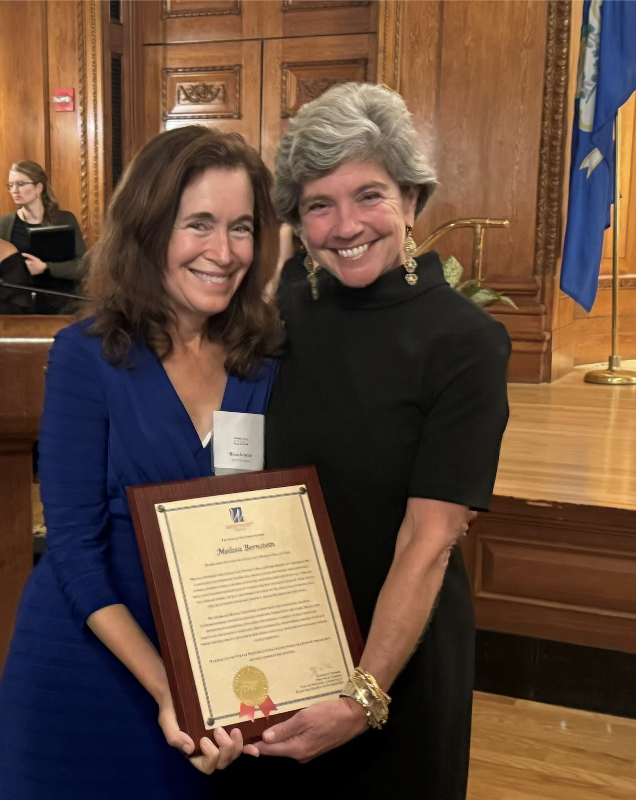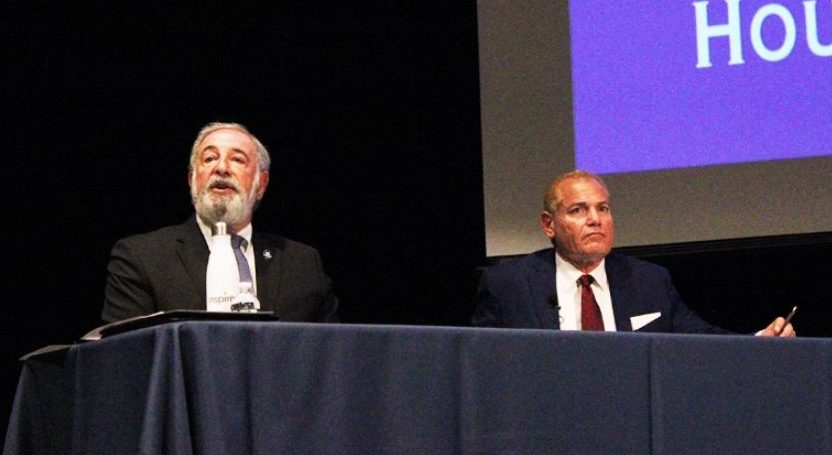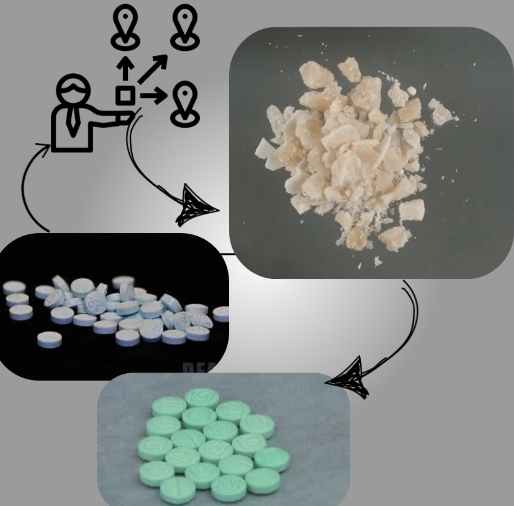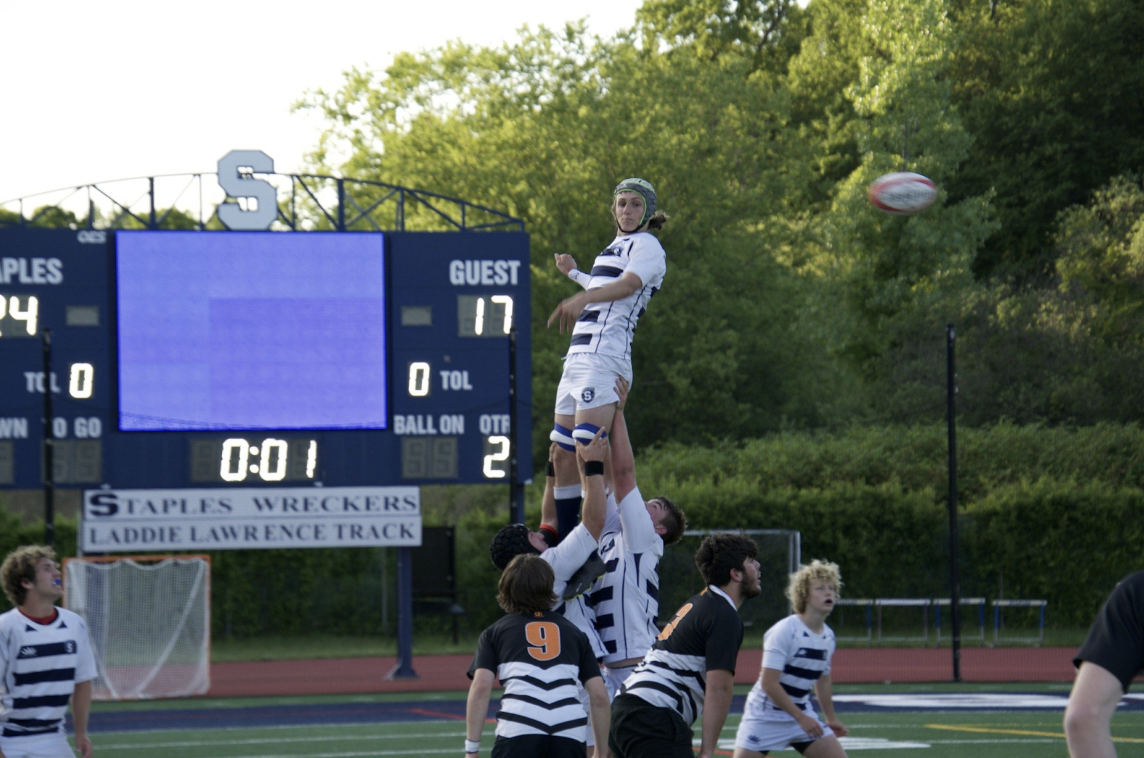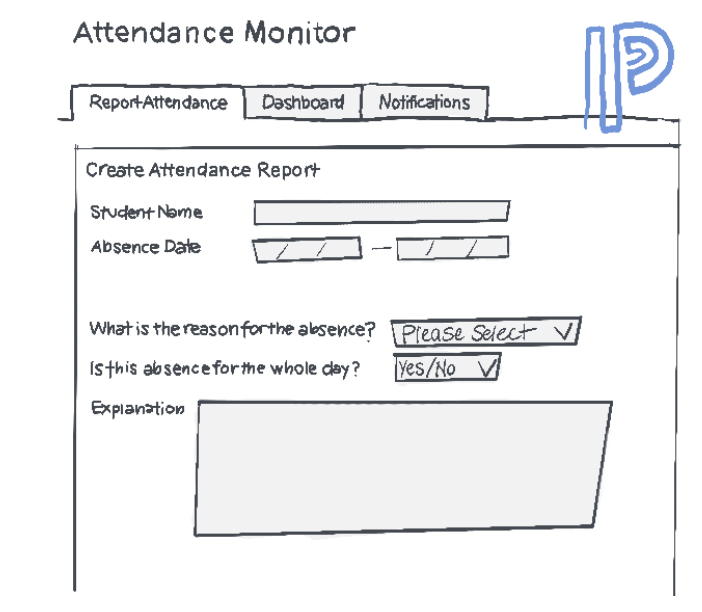Monica Mula ’10 & Liv Heil ’10
Web Opinions Editor & Staff Writer
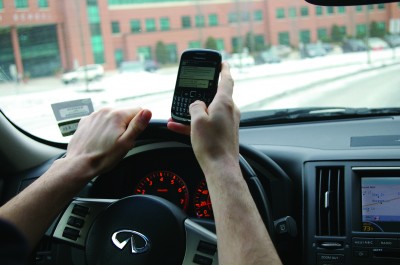
A study done by the U.S. Department of Transportation showed that texting while driving slowed reaction times by 35 percent. This was as much as the legal blood-alcohol concentration of .08 and worse than driving under the influence of marijuana.
Further, drivers who use hand-held devices in the car were shown to be four times as likely to get into a self-injuring accident according to research by the Insurance Institute for Highway Safety.
While many students are aware of how dangerous texting while driving is, many still text,
A poll of juniors and seniors showed many use their phones while en route to school, friends’ houses and sports practices.
“I only talk on speakerphone though, which isn’t quite as bad,” a student who wished to remain anonymous due to the controversy of texting while driving.
The bottom line is if it is not a hands-free device, it is illegal.
“It doesn’t matter how a device is being used,” Westport Police Officer Ned Batlin said. “Any kind of PDA should not be in the hands of a driver.”
Batlin went on to say that drivers found with their phones out can be fined up to $100.
“After pulling the driver over, we can recommend that adults purchase hands-free devices, but 16 and 17-year-olds do not even have this option,” Batlin said.
In fact, a recent study done by the National Highway Transportation Safety showed that the worst offenders are the “youngest and least-experienced drivers: men and women under 20 years of age.” A hands-free device might still distract new drivers.
Despite the facts, these young, inexperienced drivers are still texting at the wheel. According to the Automobiles Association of America (AAA), 46 percent of teens admitted to texting while driving.
Recent concern over texting while driving has increased efforts to curb the activity.
For instance, in October, President Obama signed an executive order banning all federal employees from texting while driving.
Furthermore, major cell phone companies like Verizon Wireless are attempting to create awareness of the dangers associated with texting while driving.
Verizon’s anti-texting while driving campaign, “Please Don’t Text and Drive,” can be heard on the radio and seen on billboards and television ads. Dan Mead, executive vice president and chief operating officer at Verizon Wireless, was proud to be a member of the first wireless company to support texting bans.
“Our objective is clear and simple: change the behavior of drivers who text while behind the wheel. No text message is worth risking a life,” Mead stated in a brochure concerning the anti-texting campaign.
Means of combating the dangers of texting while driving are also being made locally by Westport’s Drivers Ed program. Driving instructor Amedeo Cannone is shocked that texting even presents an issue to new drivers.
“The number one criteria for any driving is that that stuff is put away,” Cannone said.
Currently, texting while driving is a big part of discussion at Cannone’s student driver and parent classes. Nonetheless, Cannone still hears cellphones going off while students are driving during his road hour sessions.

